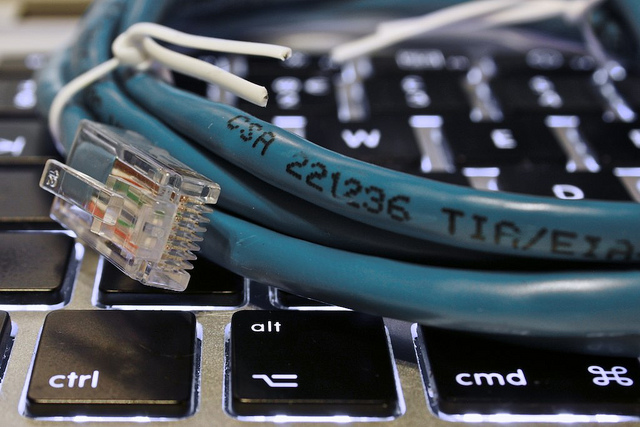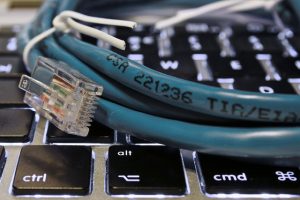The difference between politics *on* the net, and the politics *of* the net

 When I meet people offline and they hear I write a blog that relates to the EU, and that I am active debating politics on Twitter, they very often ask me about issues such as data protection and net neutrality and what the European Union is doing about these things. Questions of this nature arise most often in Germany where the debate about Netzpolitik (structured in part by the famous blog of the same name) – the politics of the net – is fierce.
When I meet people offline and they hear I write a blog that relates to the EU, and that I am active debating politics on Twitter, they very often ask me about issues such as data protection and net neutrality and what the European Union is doing about these things. Questions of this nature arise most often in Germany where the debate about Netzpolitik (structured in part by the famous blog of the same name) – the politics of the net – is fierce.
The thing is that the politics of the net is not my thing, or at least not in a particularly central way. I know what net neutrality is, and why is is important, but I am not heavily engaged in advocacy for it, or in working out the best technological way it could be ensured. I have my own concerns about data protection, and do what I can to be aware of my own data footprint. But I am not manning the barricades shouting Datenschutz!
Instead the politics on the internet is my thing. How does the internet shape our political systems? Our political parties? Our campaigns and causes? How can it be used from everything from helping a candidate to campaign to working out how patient views can be better heard in the healthcare system? Can the internet be effectively used to debate everything from transport policy to social care? Can it help drive up turnout in elections, or – through open data – even help deliver better government services? At the most basic level the internet changes the relationship between the governors and the governed, between politicians and people, and that is deeply fascinating.
Politics on the net is hence not the same as the politics of the net. Die Politik im Netz ist nicht das gleiche wie die Netzpolitik.
(and yes, of course there are some overlaps (net neutrality could promote better debate for example) but the basic point stands – politics on the net, and the politics of the net are not the same things)